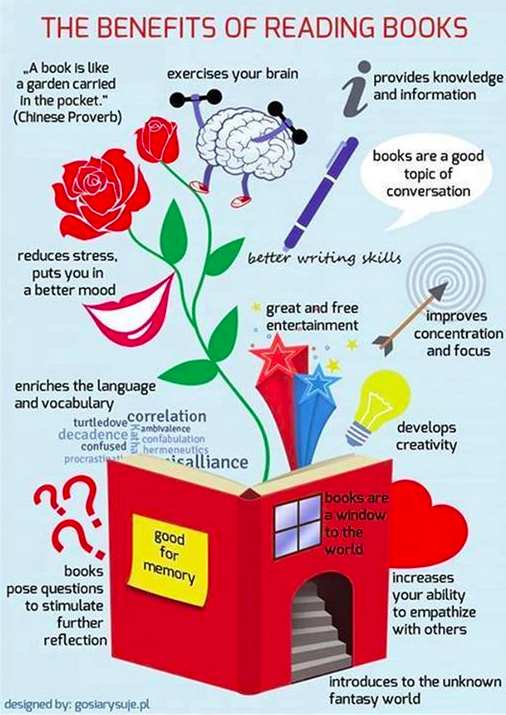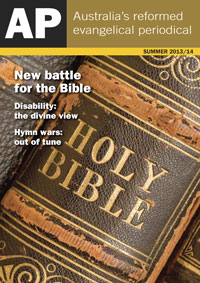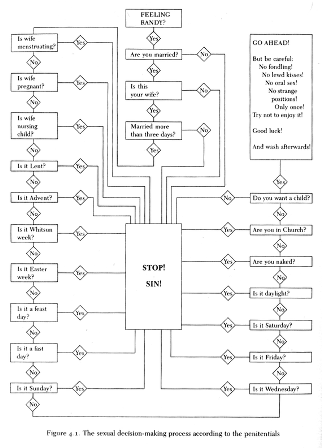 A Critical Review of Metaxas’ Bonhoeffer
A Critical Review of Metaxas’ Bonhoeffer
I have bought Metaxas to read it, and have heard that it is not an unbiased biography. This review is especially pointed. For links to other critical reviews go here.
Which Bonhoeffer biography would you recommend?
5 Things You Might Not Know about “Bossy”
There has been some controversy in recent weeks about the way this word gets used, including a call that it be banned with reference to women and girls. Dictionary.com illuminates the word with some interesting historical insights. I did not know that cows were called bossy. I have heard them called Bessy, and I guess the latter is a derivation from the former.
I am interested to see that a common contemporary use of “boss” echoes a mid-eighteenth century usage where it meant mastery of something. My son-in-law uses it often like that: “He is the Boss (= he is the Best).” When it comes to playing guitar, for example, I reckon my son-in-law is The Boss (apologies to Bruce Springsteen).





